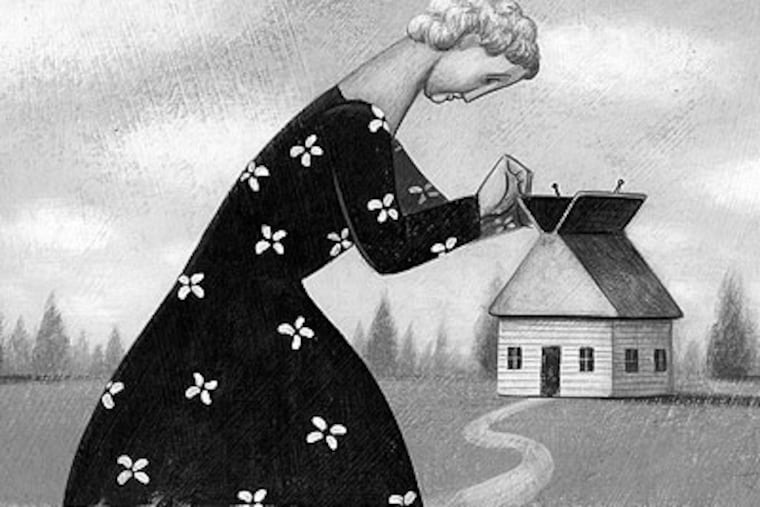Inquirer Editorial: Taxing seniors
The question has been asked probably ever since there have been property taxes: Do taxpayers have a responsibility to help pay for public schools even if their nest is empty?

The question has been asked probably ever since there have been property taxes: Do taxpayers have a responsibility to help pay for public schools even if their nest is empty?
In a potentially groundbreaking Delaware County court case, the Dunwoody Village continuing-care retirement community is saying no. It not only wants to void its annual $506,000 tax bill to the Marple-Newtown Area School District, but also the $232,000 that goes to Newtown Township.
Despite charging entrance fees as high as $400,000, the facility says it should be considered a charity because it helps reduce the government's health-care burden by subsidizing medical care for "financially unable" residents.
It sounds like a clever ploy to avoid paying taxes by Dunwoody Village's owners. The school district and Newtown Township contend that only 10 of Dunwoody's 425 residents receive any aid.
Dunwoody's case relies on a 2007 state Supreme Court ruling that continuing-care retirement communities, or CCRCs, should be either entirely taxable or excused from paying at all.
As a "charity," Dunwoody also wants a $1.5 million refund of previously paid school taxes.
With similar CCRCs cropping up all over Pennsylvania and New Jersey, the outcome of the case could unleash a wave of similar suits, with disastrous effects on local school districts.
As CCRCs multiply, some of the developments have cut exclusive tax deals with their host municipalities. Often, the age-restricted communities are billed at a lesser, low-impact tax rate because they don't add children to the schools.
But it's hard to see how any such facility, even one claiming to be a nonprofit, can argue that it doesn't use municipal services or rely on police, fire, and emergency personnel to respond to calls.
Newtown Township Manager James Sheldrake testified that Dunwoody has been responsible for "inordinate" emergency calls to police for lockouts, suspicious noises, and unattended deaths. Taxes pay for those services.
Dunwoody officials also should see that supporting schools is good for them, too. Good schools attract families who work hard to keep up their surroundings. That's a factor in Dunwoody's success in attracting residents.